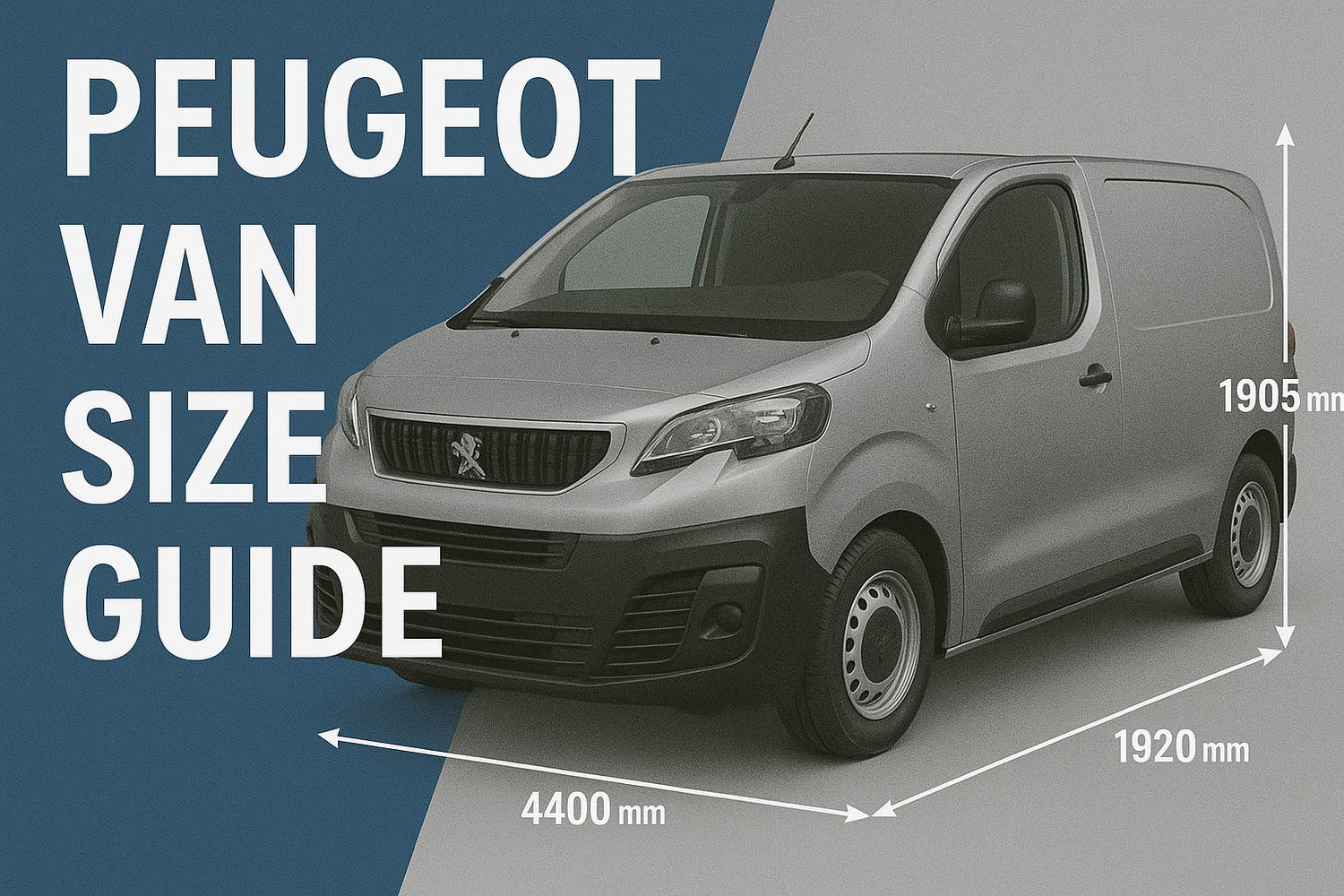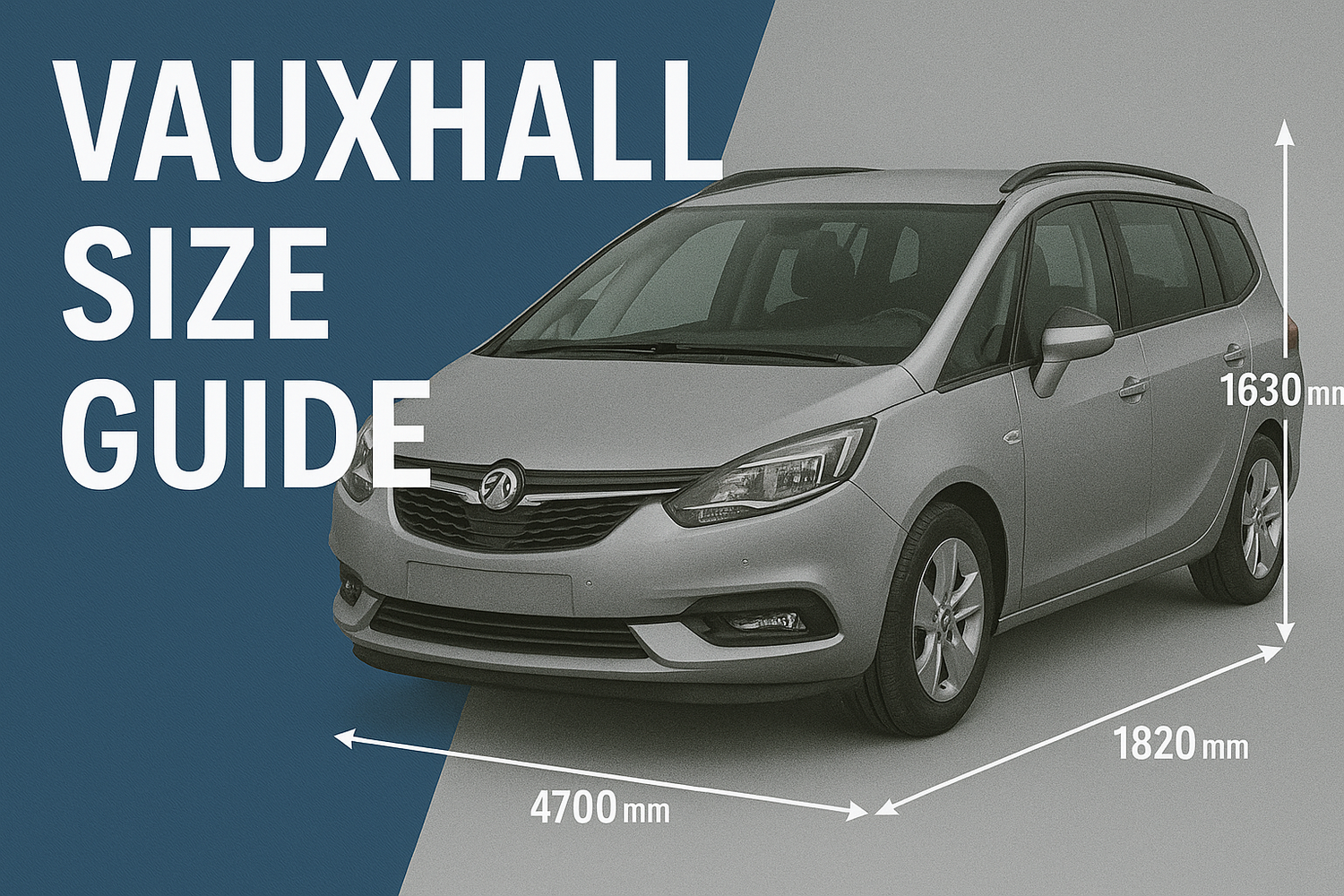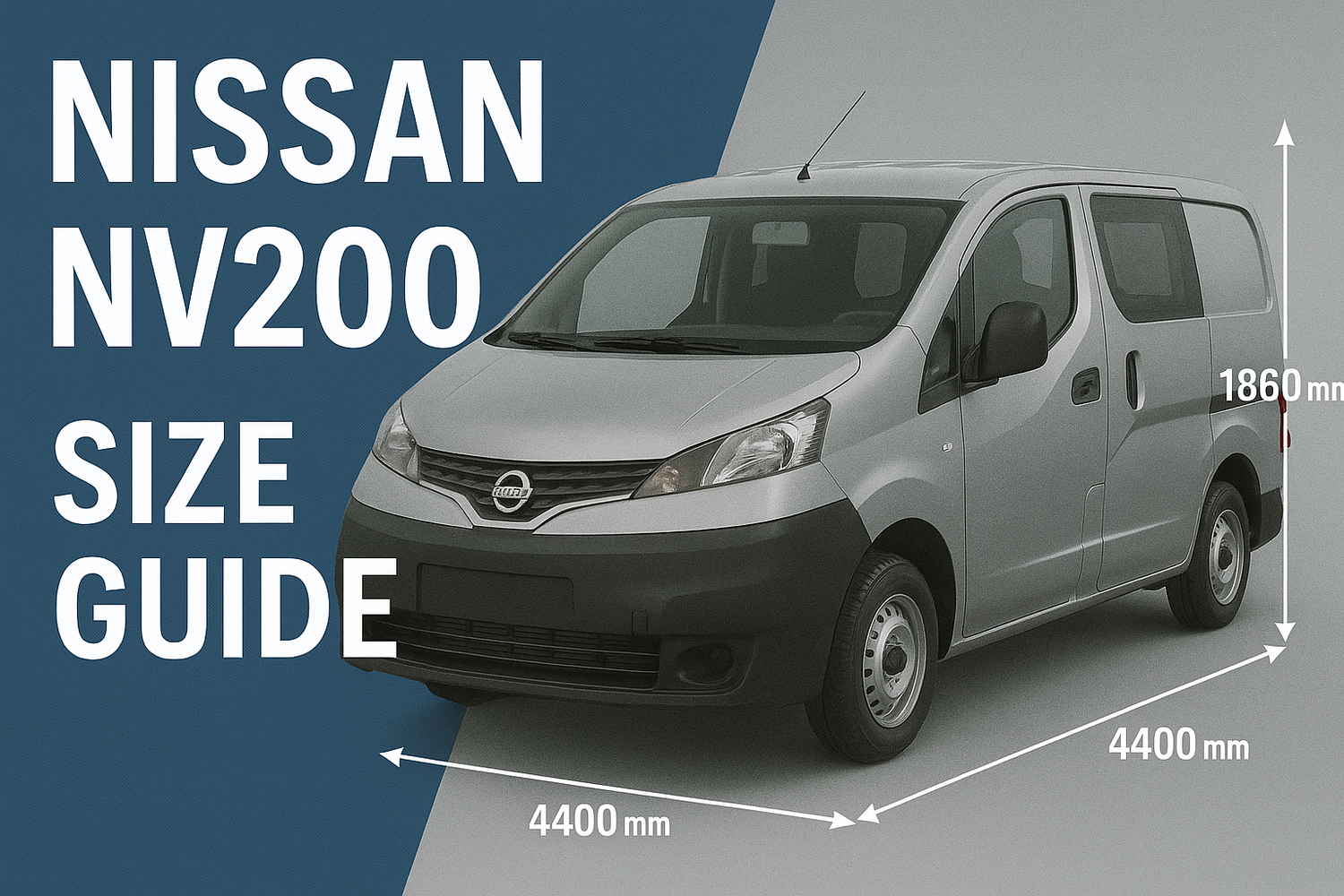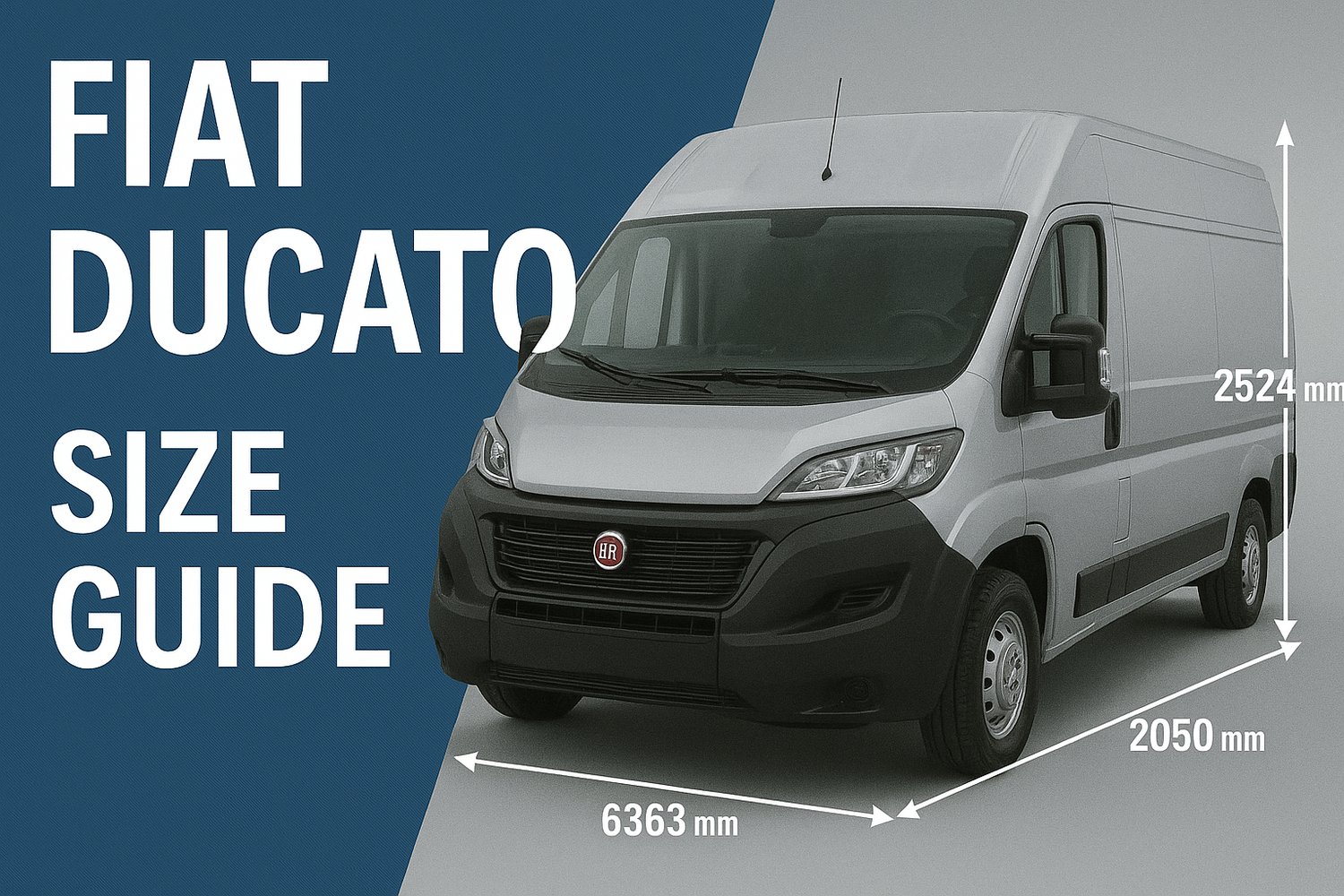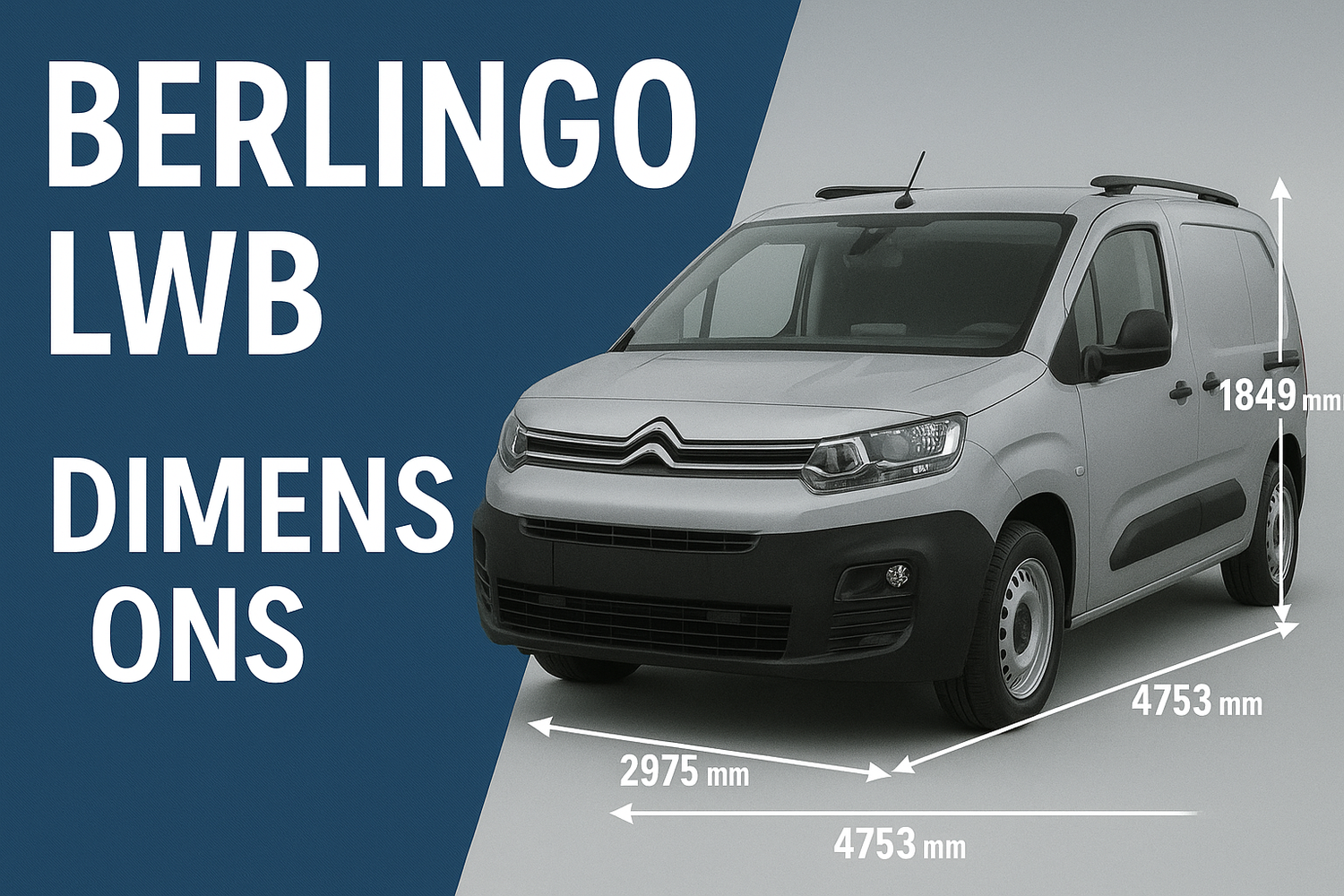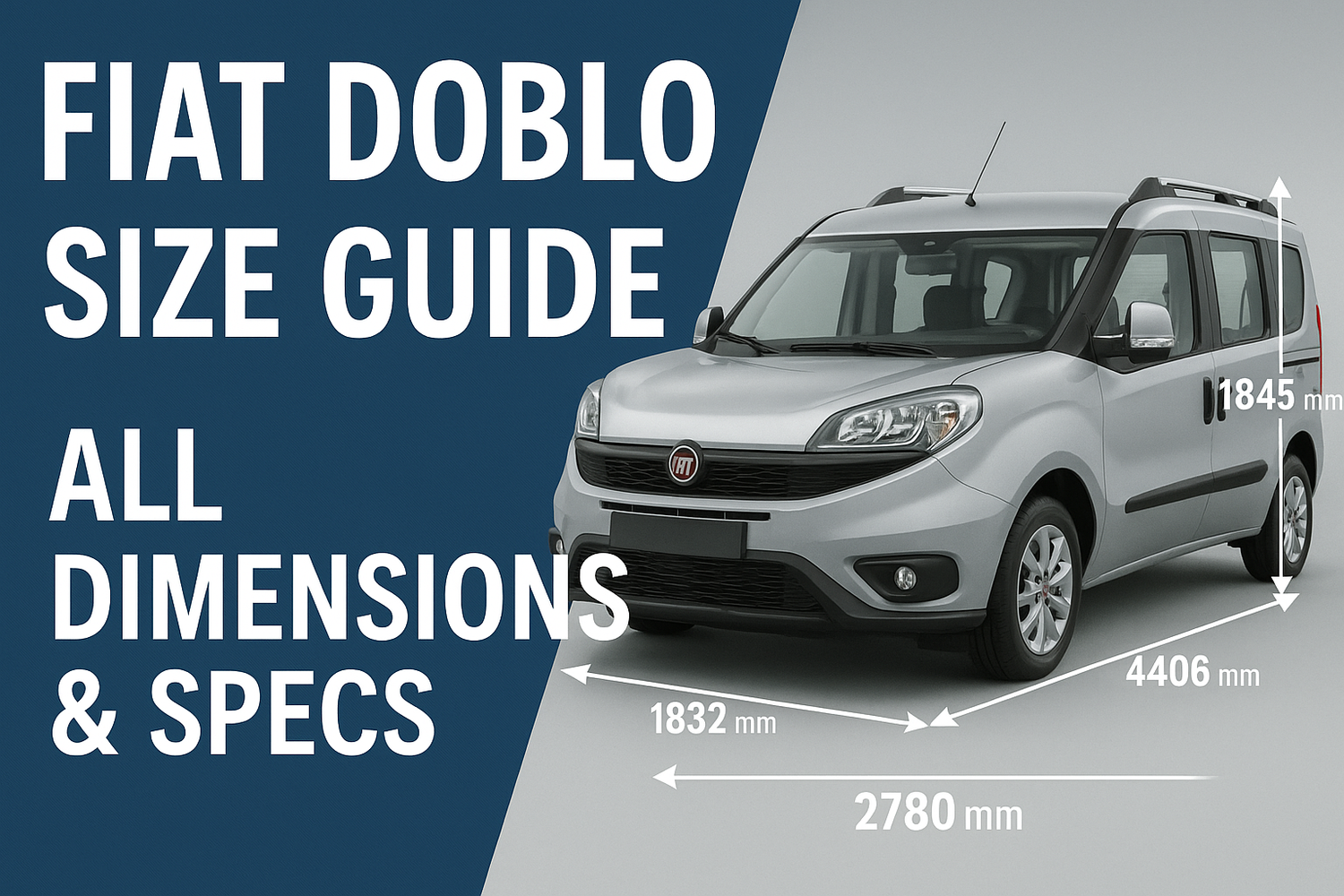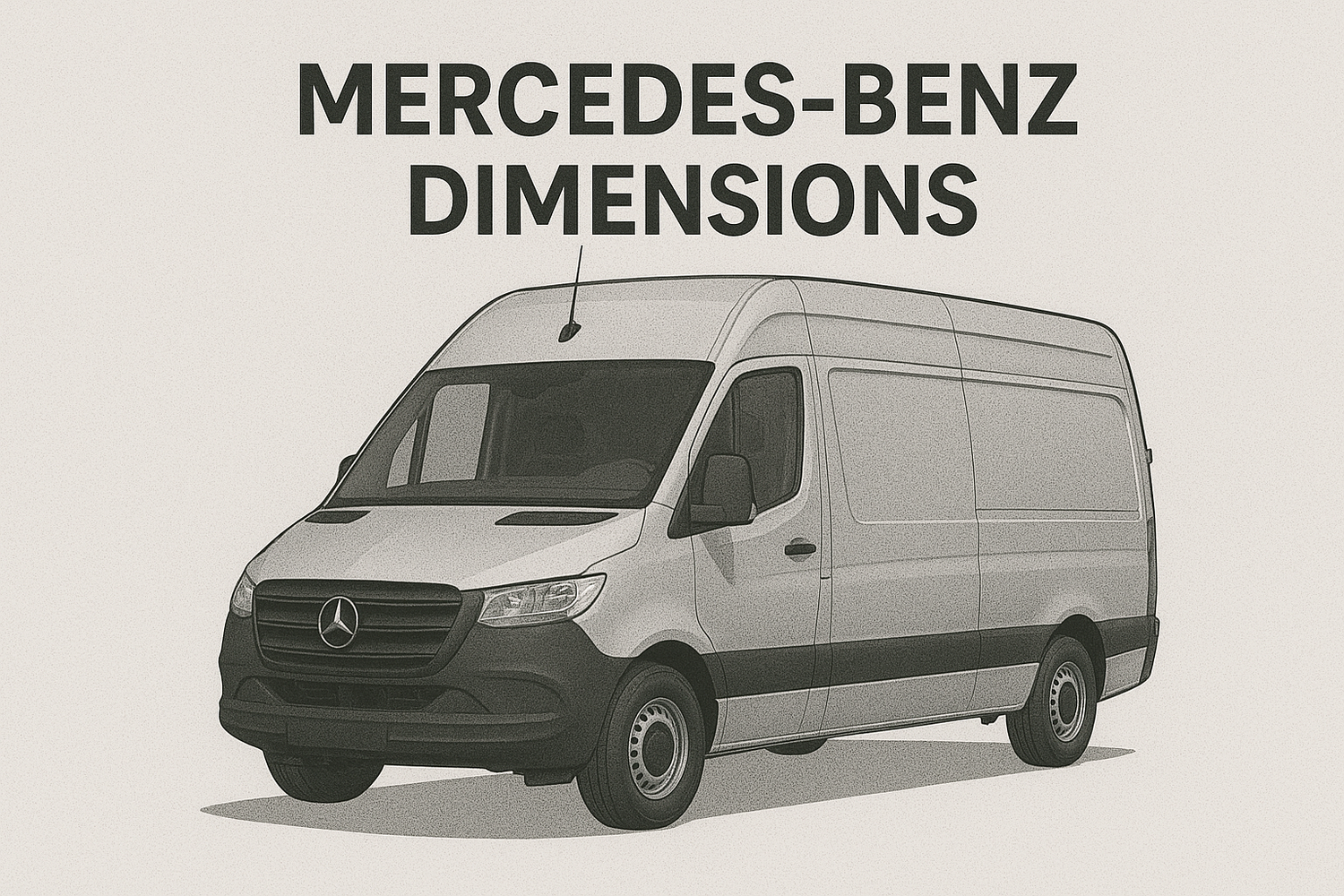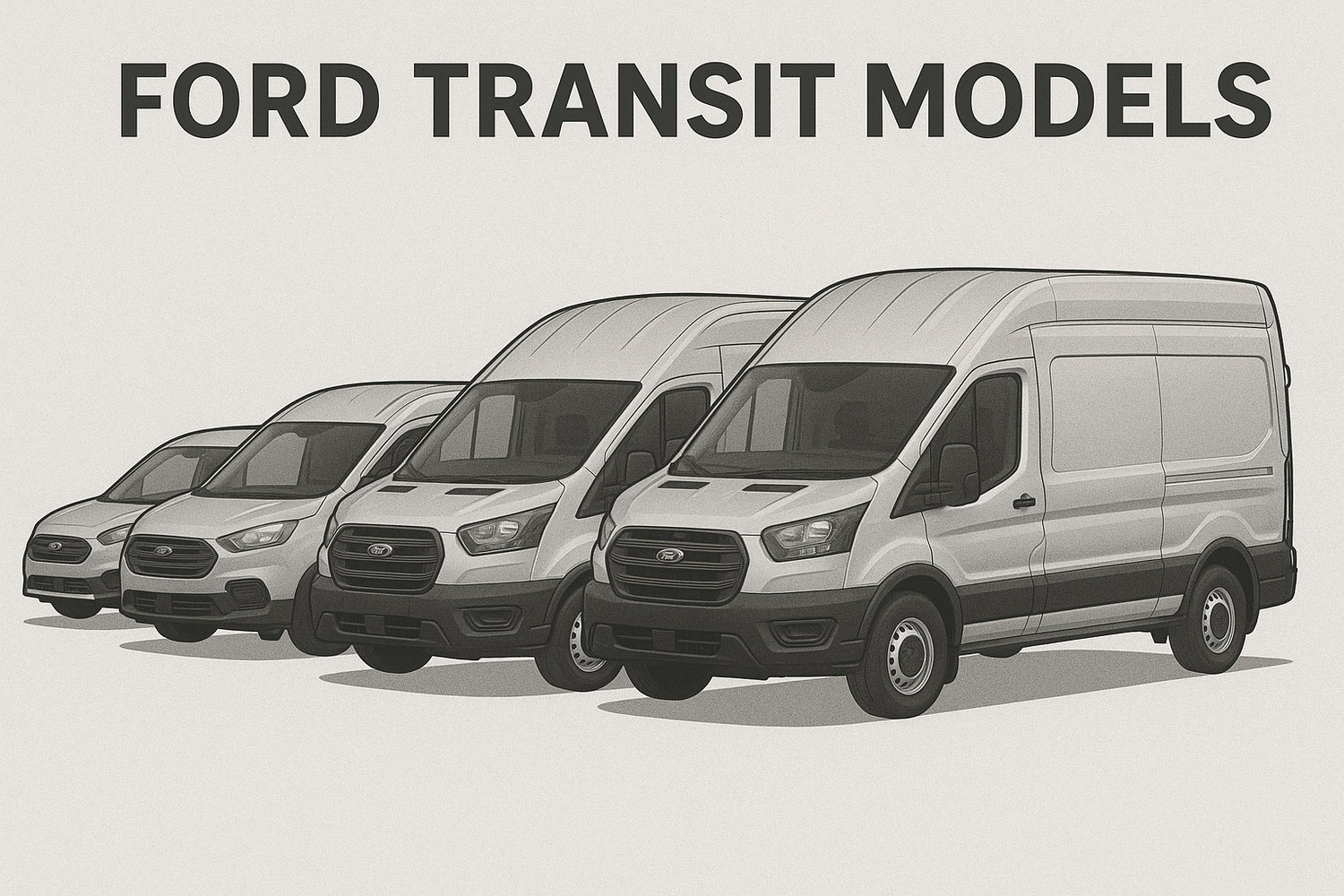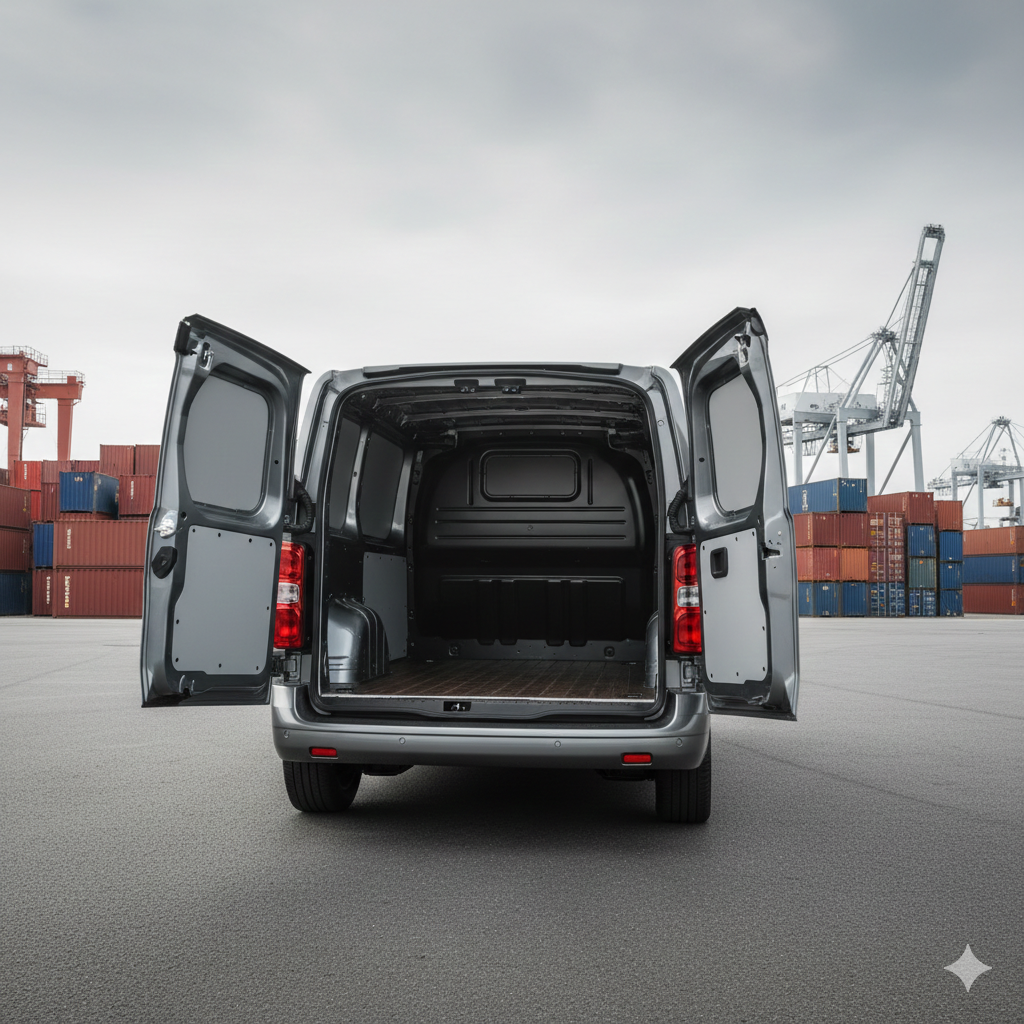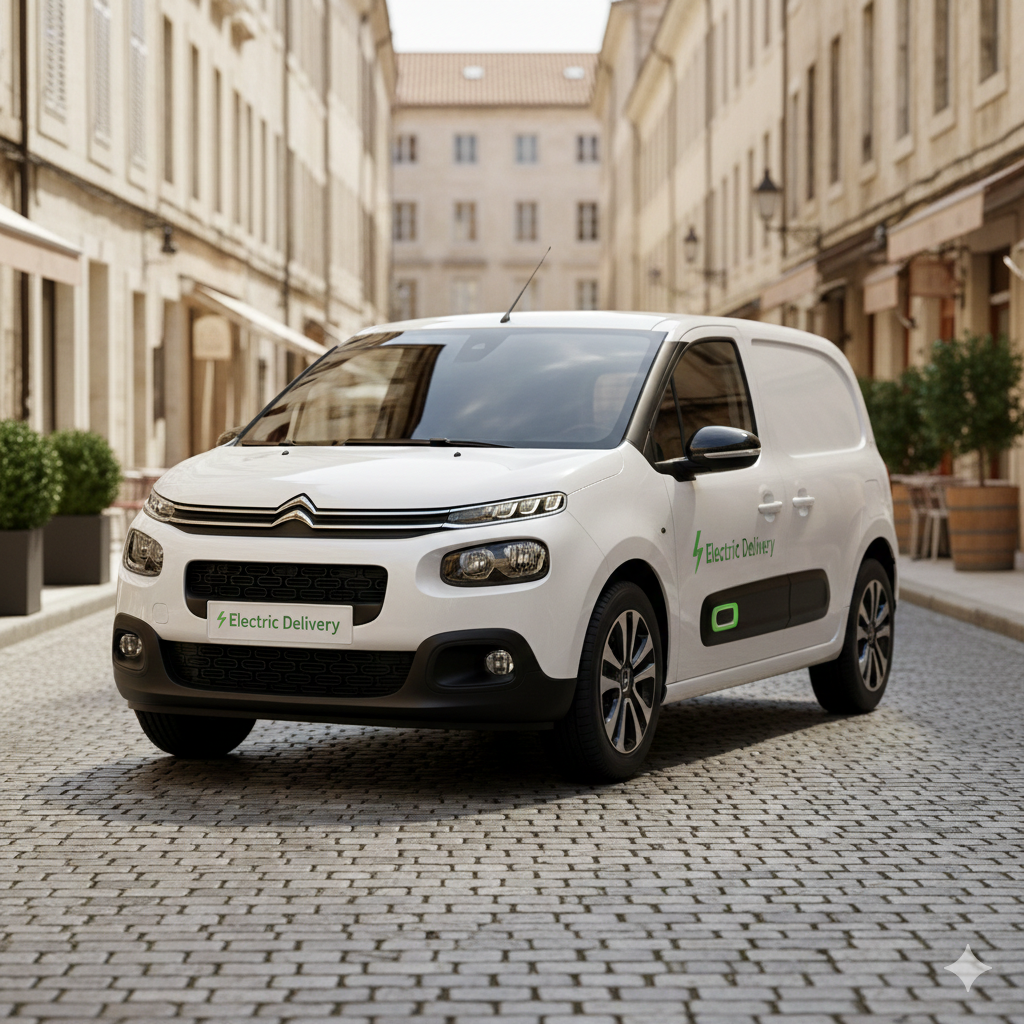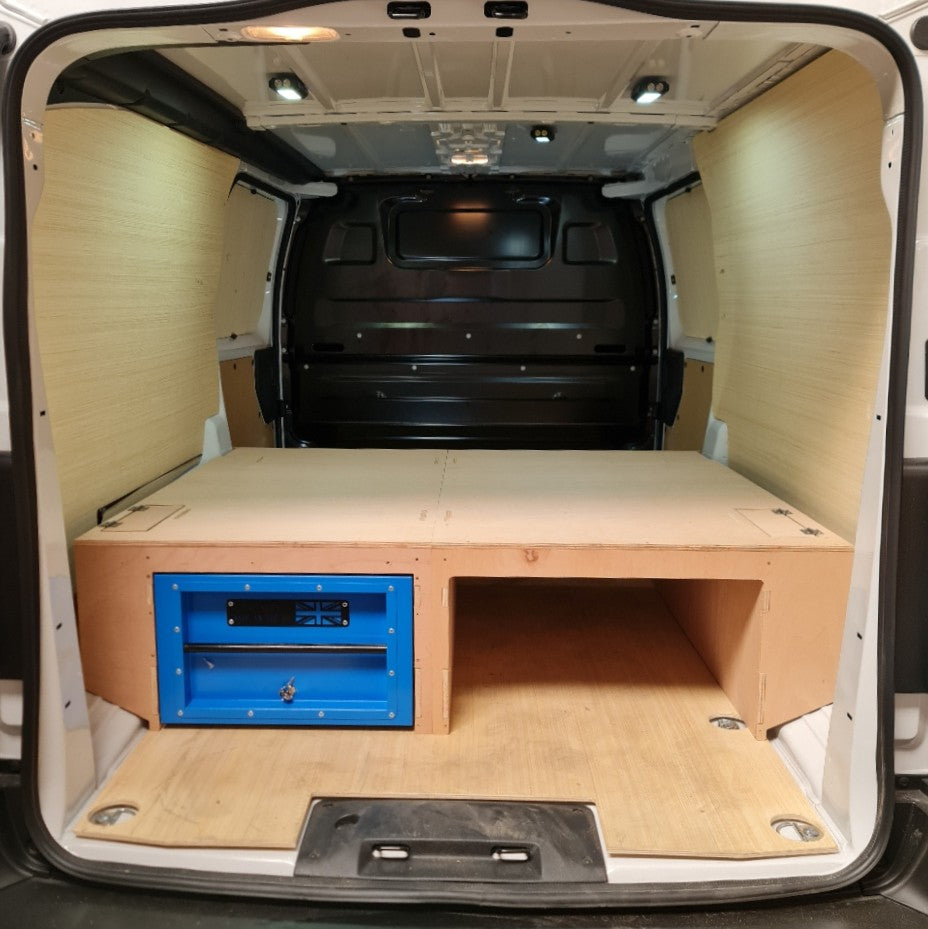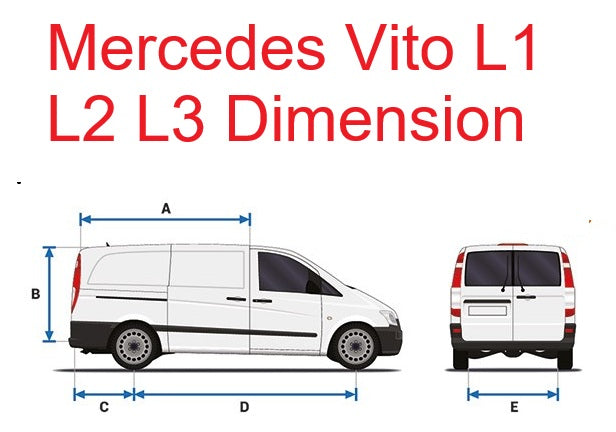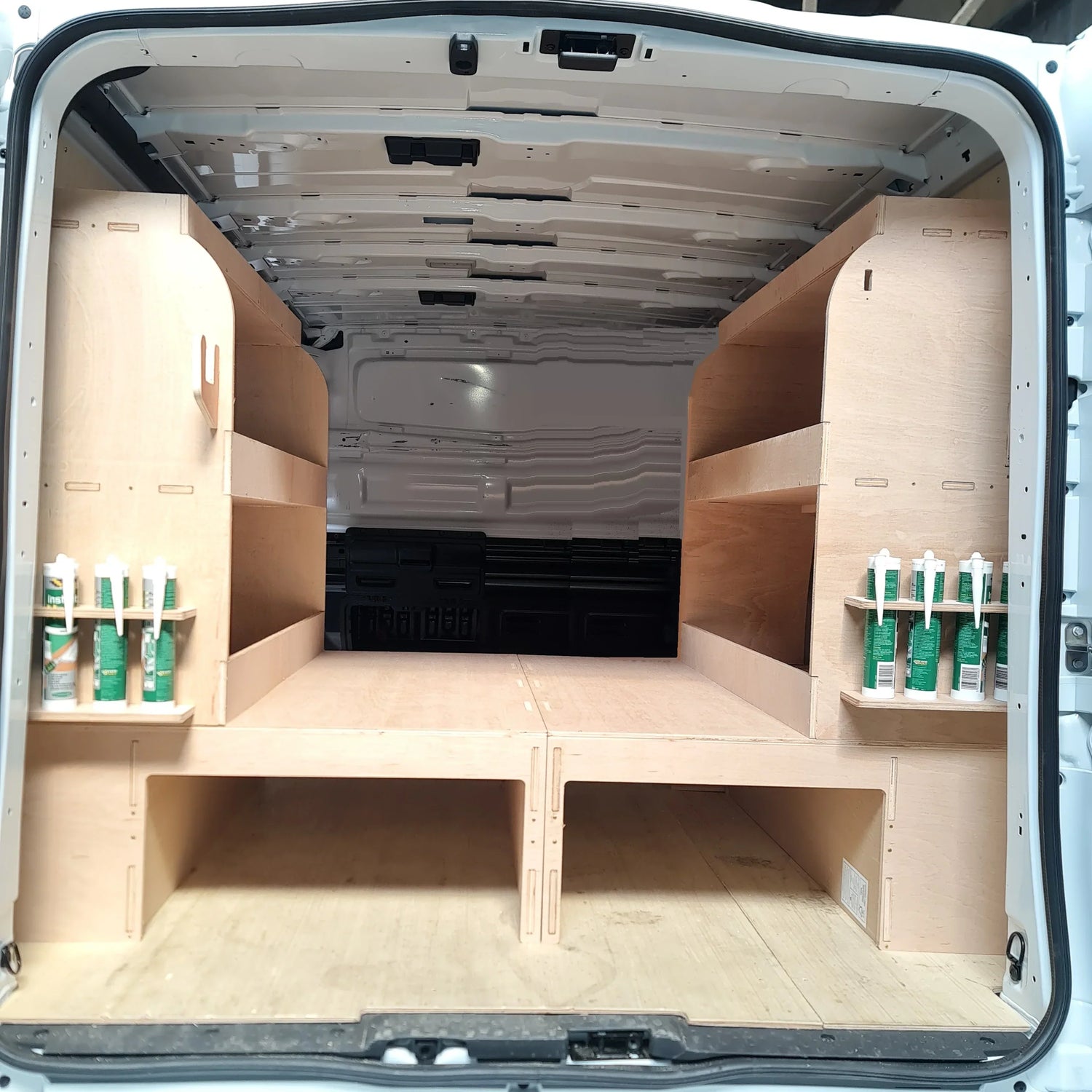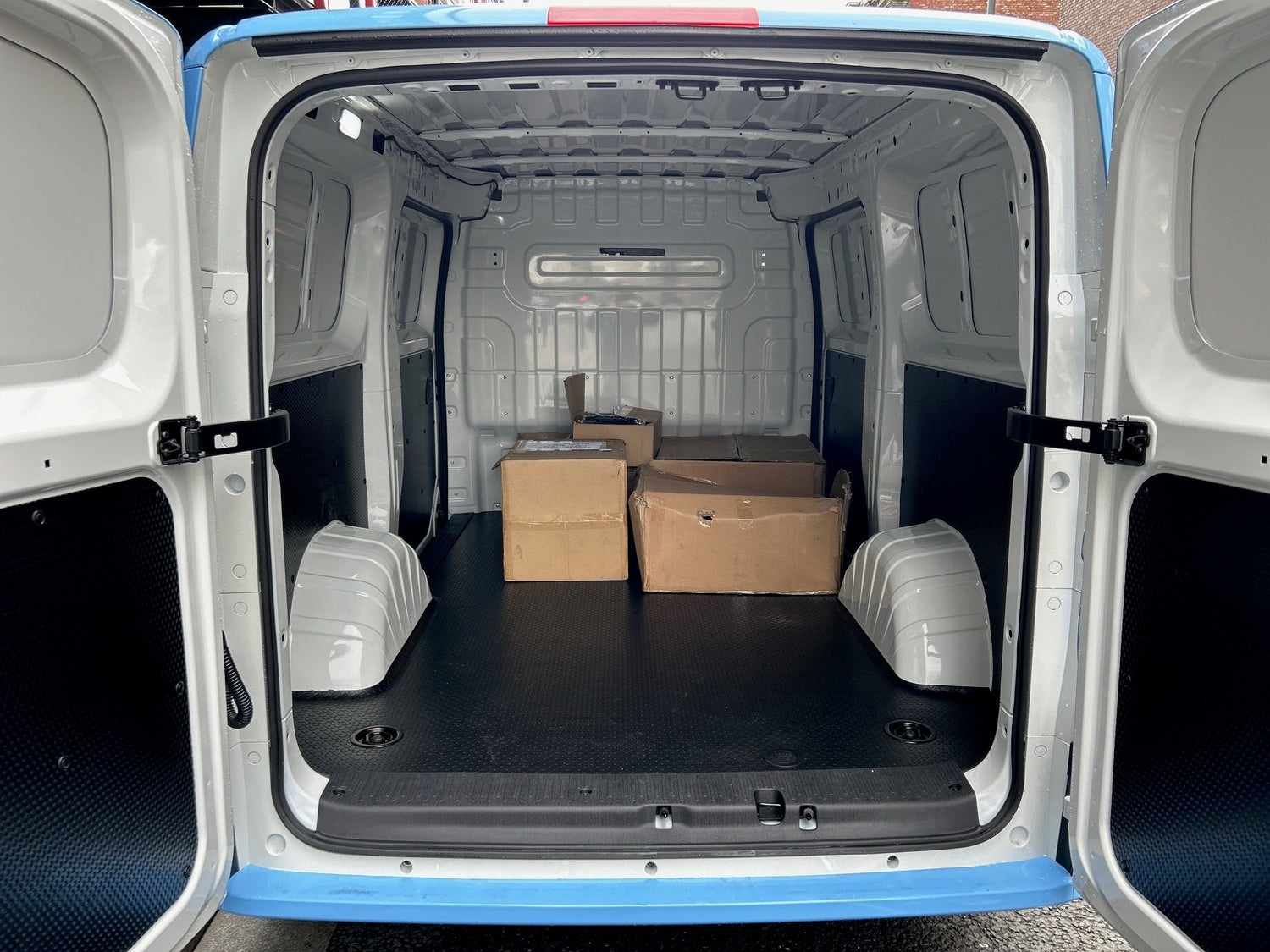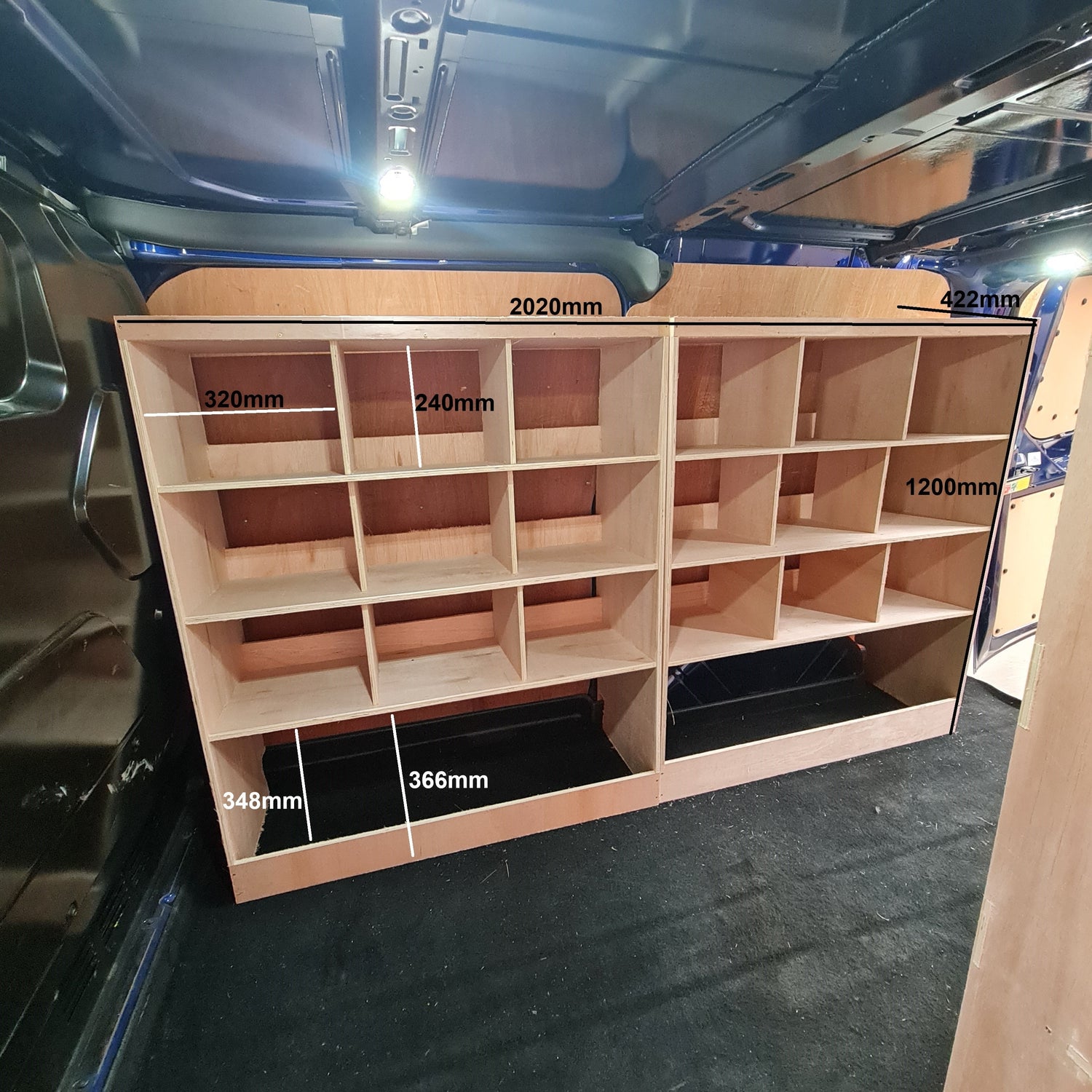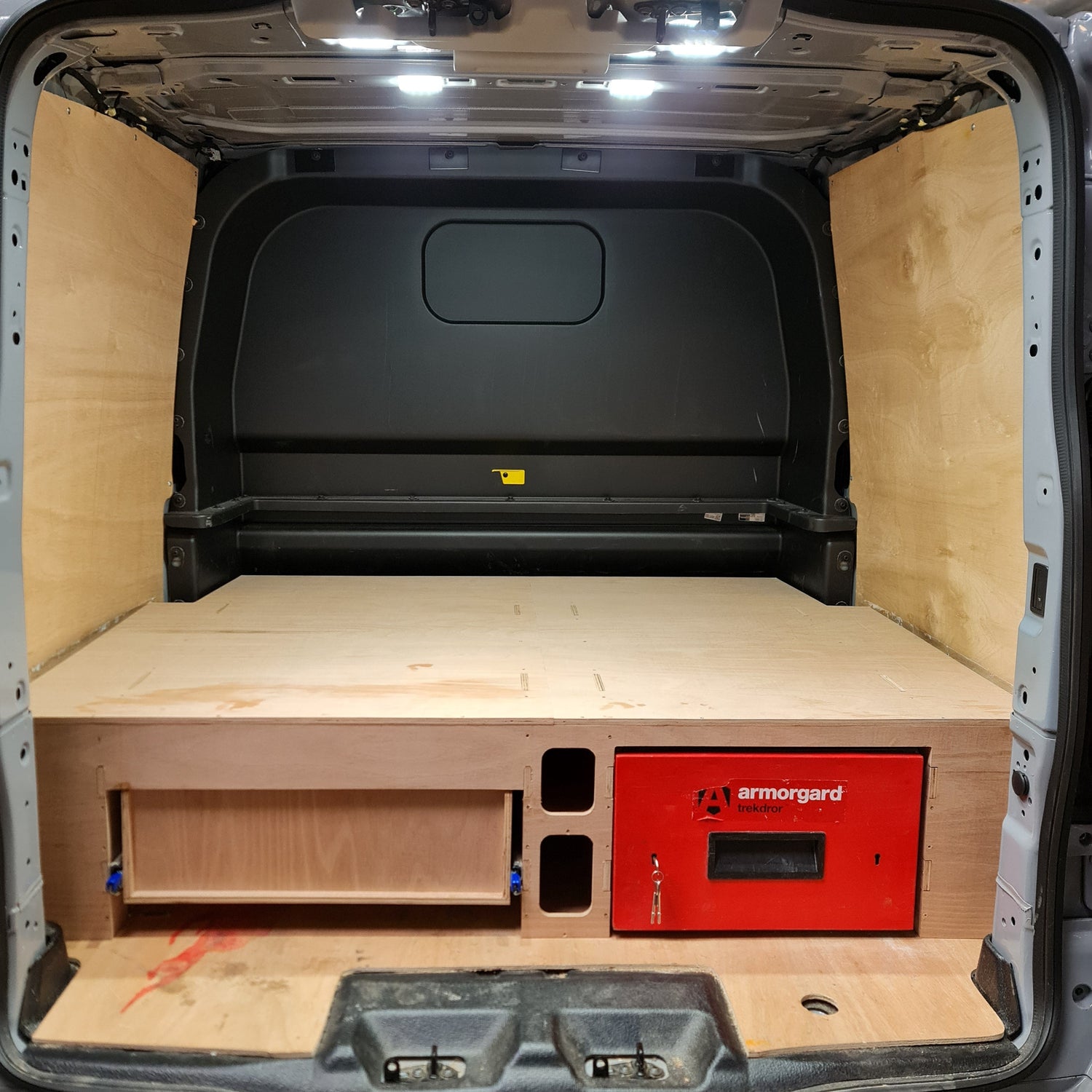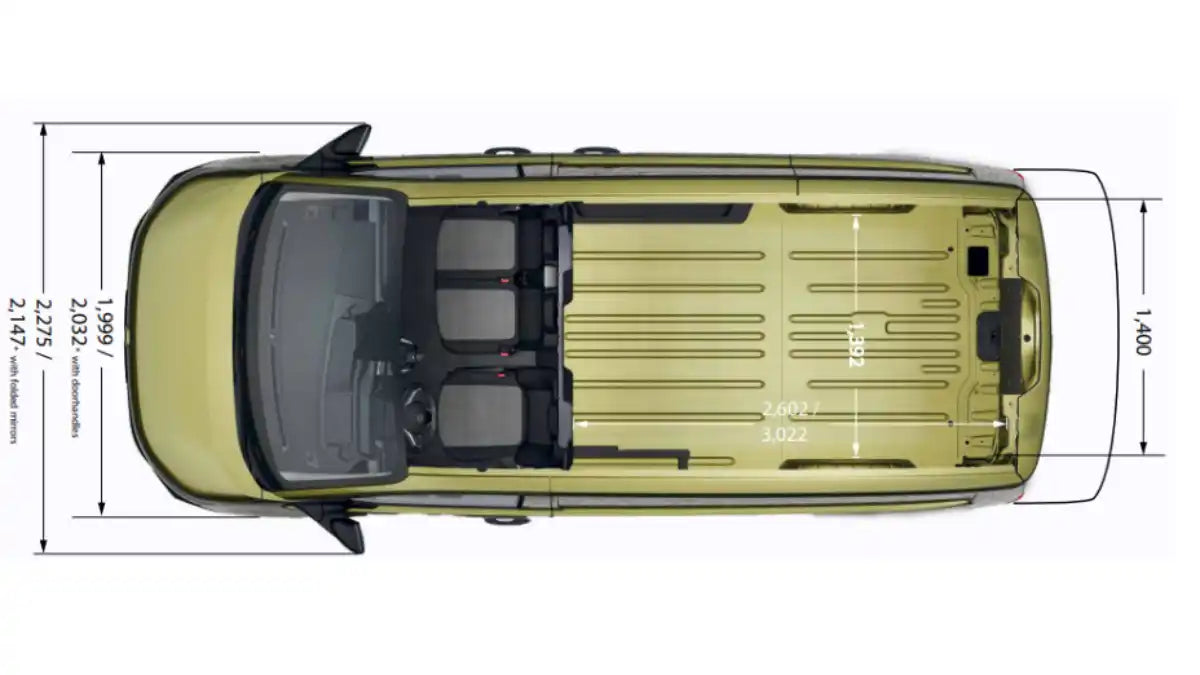The commercial vehicle landscape is on the cusp of a significant transformation as Kia prepares to make its bold entry into the UK's electric commercial vehicle sector. The Korean automotive giant is set to launch its dedicated Professional Business Vans (PBV) division this spring, coinciding with the introduction of its first-ever purpose-built electric van, the PV5.
Strategic Timing for UK Market Entry
Kia has strategically timed its entry into the commercial vehicle market to align with the accelerating transition toward electrification in the UK's van sector. The official unveiling of the production-ready PV5 will take place at the CV Show on April 29, marking a pivotal moment in Kia's expansion beyond passenger vehicles.
This launch represents more than just a new vehicle—it signals the establishment of an entirely new business division for Kia in the UK. The PBV label will identify specialized Kia dealerships equipped to serve commercial fleet customers, creating a dedicated network to support business users throughout the country.
Purpose-Built Electric Platform
What distinguishes Kia's approach from many competitors is its commitment to a ground-up electric design. The PV5 is constructed on a dedicated EV platform rather than being an adaptation of an existing combustion engine vehicle. This purpose-built architecture enables Kia to optimize every aspect of the vehicle for electric operation, potentially delivering advantages in space utilization, range efficiency, and operational costs.
The electric-only strategy aligns with the UK's accelerating transition away from internal combustion engines and positions Kia as a forward-thinking manufacturer prepared for increasingly stringent urban emissions regulations.
Versatile Configuration Options
Understanding the diverse needs of commercial operators, Kia has developed the PV5 with remarkable versatility in mind. The vehicle will be available in multiple configurations:
-
Panel van for traditional cargo transport
-
Chassis cab for customized upfitting
-
Passenger variant for people movement
The inclusion of a chassis cab option is particularly noteworthy, as Kia specifically mentions this is unusual in the mid-size van segment. This configuration provides significant customization opportunities for specialized industries with unique vehicle requirements, potentially opening markets that traditional van designs cannot adequately serve.
Comprehensive Ecosystem for Fleet Operators
Kia's approach extends beyond simply providing electric vehicles. The company has developed a comprehensive ecosystem to support commercial operators:
-
Every PBV vehicle includes Kia's industry-leading seven-year/100,000-mile warranty, addressing potential fleet operator concerns about long-term reliability and resale value of electric vehicles.
-
Standard integration of Geotab telematics technology enables sophisticated fleet management capabilities without requiring aftermarket installations.
-
Native access to the Android App store through the vehicle's central display creates opportunities for workflow integration and business process optimization.
The partnership with Geotab, established in preparation for this launch, demonstrates Kia's strategic planning and commitment to providing comprehensive fleet solutions rather than simply manufacturing vehicles.
Expanding the PBV Range
While the PV5 leads Kia's commercial vehicle introduction, the company has already confirmed plans for a broader range of purpose-built electric vans:
-
The larger PV7 will address needs for greater cargo capacity
-
The compact PV1 will target urban delivery applications where maneuverability and city access are priorities
This planned portfolio expansion indicates Kia's long-term commitment to the commercial sector and provides a clear technology roadmap for fleet operators considering transitioning to Kia vehicles.
Measured Approach to Market Entry
Paul Philpott, president and chief executive of Kia UK, emphasized the company's thoughtful approach to entering this new market segment: "Our strategy is to approach the market confidently but responsibly, launching in a phased and progressive manner to ensure each element of our commercial vehicle business is exacted with the same industry-leading standards we're known for in the passenger car industry."
This measured expansion strategy suggests Kia recognizes the distinct requirements of commercial customers and is investing in specialized infrastructure to serve them properly, rather than simply adapting its existing passenger car operations.
Market Implications
Kia's entry into the electric commercial vehicle market represents a significant development for the UK's transport sector. As businesses face increasing pressure to decarbonize their operations, particularly for urban deliveries, Kia's purpose-built electric vans could provide a timely solution that combines environmental compliance with practical business functionality.
The launch also intensifies competition in the electric van segment, which has thus far been dominated by established commercial vehicle manufacturers. Kia's reputation for quality, technology integration, and reliability in the passenger car market could translate into a compelling proposition for fleet operators seeking alternatives to traditional van suppliers.
As the spring launch approaches, commercial fleet managers will be watching closely to learn the detailed specifications, pricing, and infrastructure support that will determine whether Kia's ambitious commercial vehicle strategy delivers a genuine market disruption or simply adds another option to an increasingly crowded electric van landscape.

